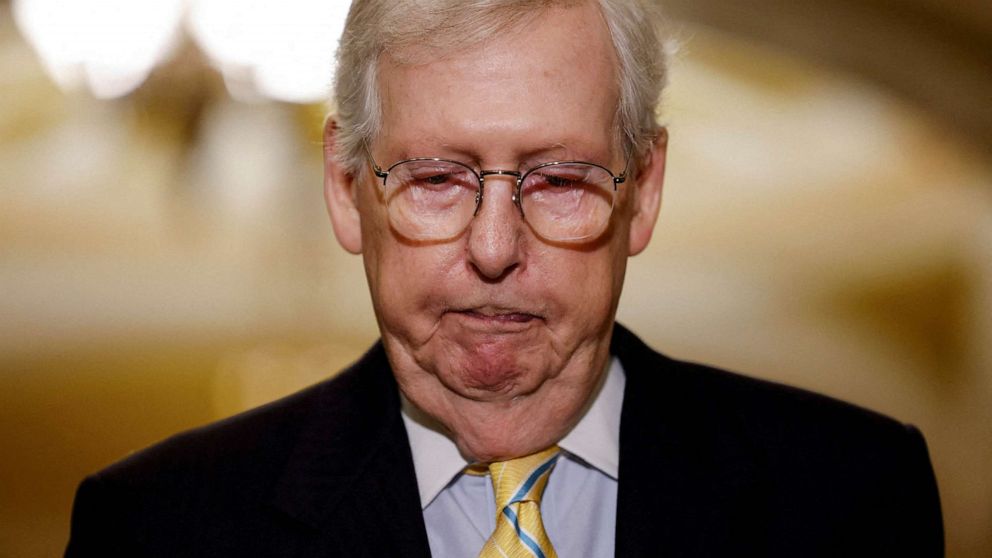Analysis: Examining the Controversial Debate Surrounding Age as a Barrier to Holding Office in the United States
In the United States, the debate surrounding age as a barrier to holding office has been a topic of discussion for many years. The Constitution sets certain age requirements for various positions, such as the presidency, but there is ongoing controversy regarding whether these requirements are necessary or if they unfairly limit the pool of potential candidates.
The age requirements outlined in the Constitution are as follows: a person must be at least 25 years old to serve in the House of Representatives, 30 years old to serve in the Senate, and 35 years old to become President. These requirements were established by the Founding Fathers with the intention of ensuring that individuals in these positions possess the necessary maturity, experience, and wisdom to effectively govern.
Proponents of age requirements argue that they are essential for maintaining stability and preventing inexperienced or immature individuals from holding positions of power. They believe that age brings with it a certain level of life experience and knowledge that is crucial for making informed decisions. Additionally, they argue that older individuals are more likely to have established careers and financial stability, which can help prevent corruption or conflicts of interest.
On the other hand, critics argue that age requirements are arbitrary and discriminatory. They contend that age should not be used as a sole determinant of an individual’s ability to hold office, as it does not necessarily reflect their competence or qualifications. They argue that younger individuals may bring fresh perspectives and innovative ideas to the table, and that excluding them based on age is unfair and undemocratic.
One of the main concerns raised by critics is that age requirements disproportionately affect younger candidates, limiting their opportunities for political participation. This is particularly relevant in an era where young people are becoming increasingly engaged in politics and advocating for change. Critics argue that by imposing age restrictions, we are effectively silencing the voices and perspectives of a significant portion of the population.
Another point of contention is that age requirements do not take into account the individual’s health or cognitive abilities. Some argue that it is possible for someone in their 70s or 80s to be physically or mentally unfit for office, while a younger candidate may be in excellent health and possess sharp cognitive abilities. Critics argue that it is more important to assess an individual’s capabilities rather than relying solely on their age.
The debate surrounding age as a barrier to holding office is not limited to the United States. Many other countries have similar age requirements, while others have chosen to set them at lower thresholds or not have any at all. For example, in Canada, the minimum age to become a Member of Parliament is 18, and there are no age restrictions for the position of Prime Minister.
In conclusion, the debate surrounding age as a barrier to holding office in the United States is complex and multifaceted. While proponents argue that age requirements are necessary for ensuring maturity and experience, critics contend that they are arbitrary and discriminatory. As society continues to evolve, it is crucial to reevaluate these requirements and consider alternative ways of assessing an individual’s qualifications and capabilities for public office. Ultimately, the goal should be to create a political system that is inclusive and representative of all citizens, regardless of their age.



